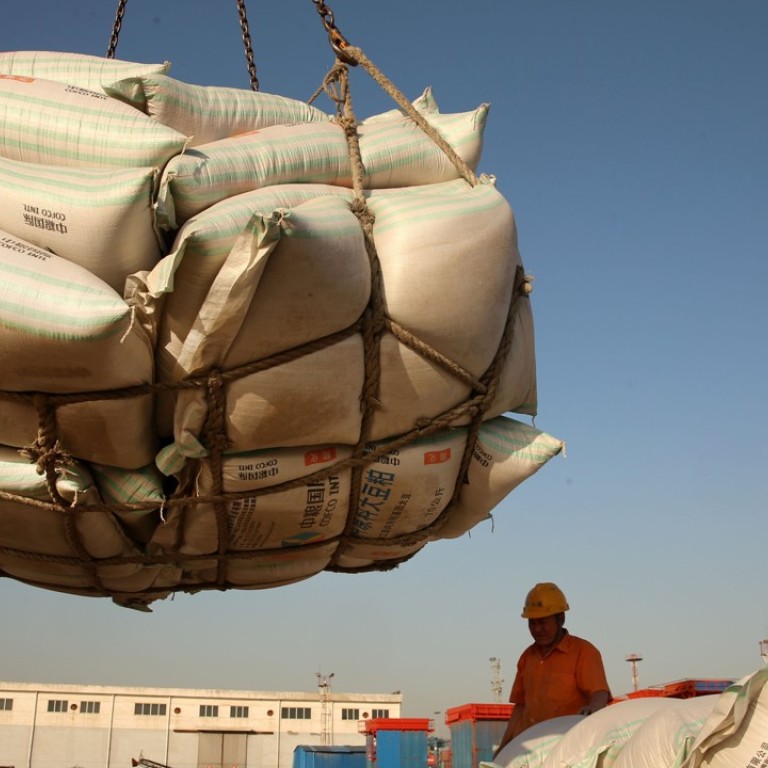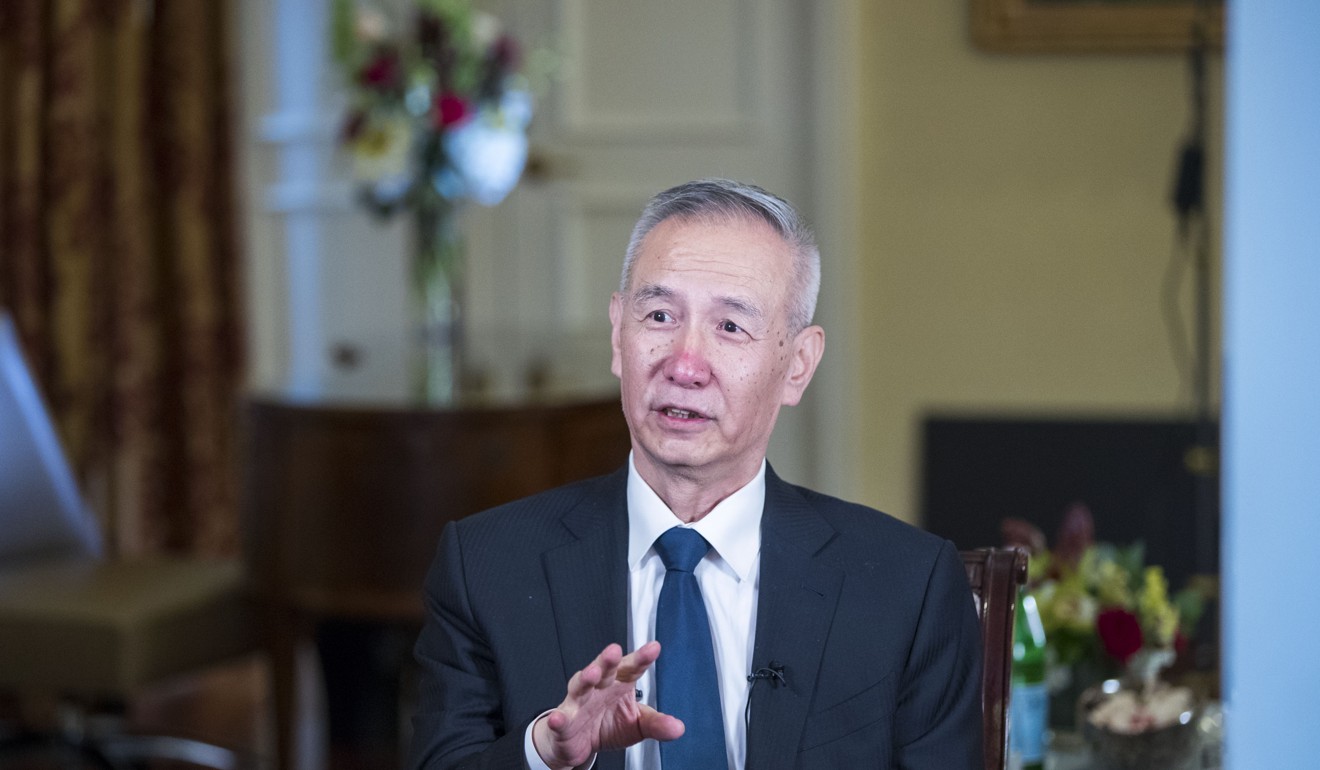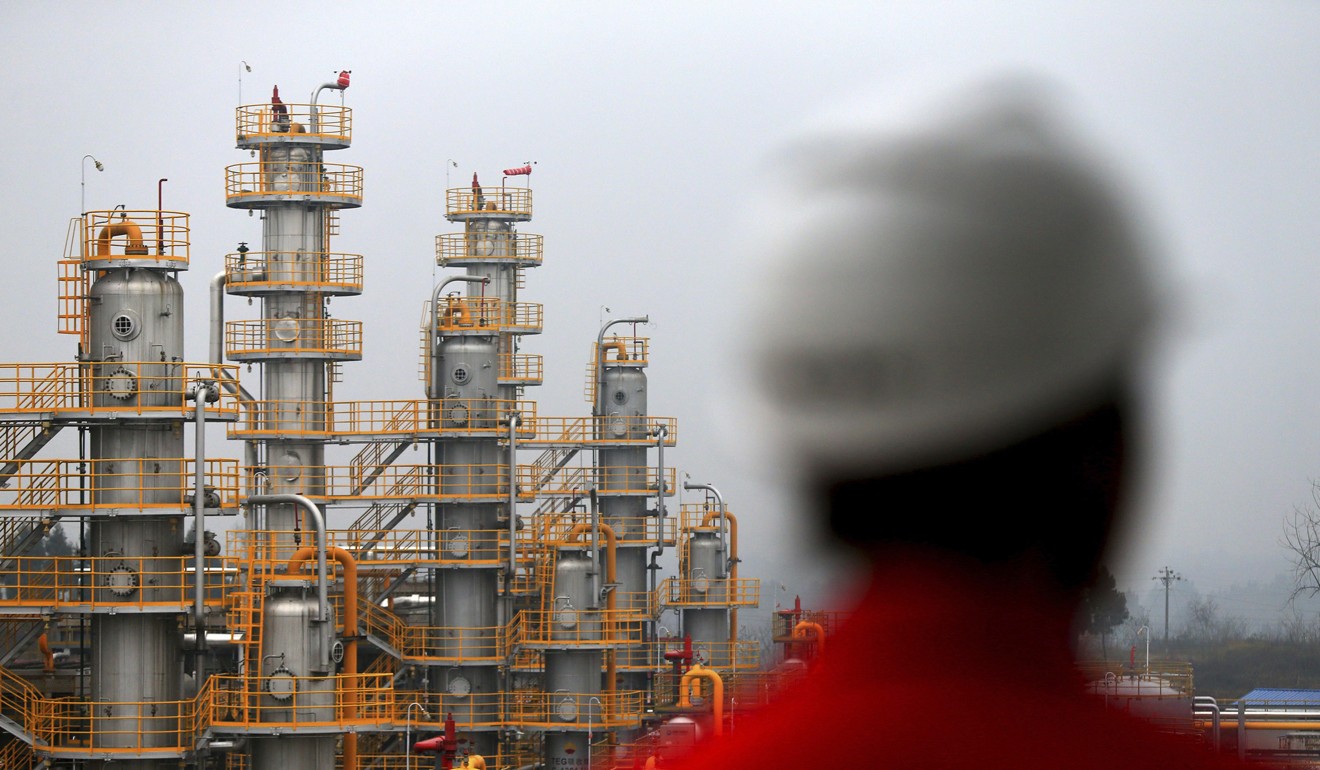
Who will be the biggest losers from a China-US trade war truce?
Some of China’s major suppliers could lose out if Beijing diverts purchases to the US to placate Washington, analysts say
Exporters in Brazil, Australia and Russia could feel the pinch if China switches suppliers of some of its big-ticket imports to head off a trade war with the United States, according to analysts.
That was the assessment after two days of “constructive” high-level talks in Washington last week yielded a commitment from China to “substantially” reduce the trade imbalance between the two countries.
As a result, US Treasury Secretary Steven Mnuchin said the US expected American agricultural exports to China to rise by between 35 and 40 per cent this year and energy purchases to double over the next three to five years.
US has ‘put trade war on hold’ following China discussions says Mnuchin
That could leave some of China’s trading partners, including its biggest soybean supplier Brazil, beef producer Australia, and even regional semiconductor makers, out in the cold if China shifts orders to the US.
“The state-led efforts to increase China’s imports from the US will lead to trade diversion – other economies will see their exports to China fall as a result,” Louis Kuijs, chief Asia economist of Oxford Economics, wrote in a note.
Washington wants Beijing to cut the bilateral trade gap by US$200 billion by the end of 2020, or more than half of last year’s US$375 billion difference, based on US figures.
Kuijs said that target would be “practically impossible” to meet.

One area where Washington is hoping to boost sales is in agriculture.
US farm products accounted for about 20 per cent, or US$21 billion, of China’s agricultural imports last year. About two-thirds of this was in soybeans.
China buys about 60 per cent of globally traded soybeans and last year about half of its imports came from Brazil, while the US supplied around a third.
The US could also eat into Australia’s 90 per cent share of China’s chilled beef imports if Beijing decides to bring down the barriers.
A US-China trade war may be averted, but expect turmoil ahead
But Wang Jun, chief economist of regional Chinese bank Zhongyuan Bank, said this was a zero-sum game.
“There is limited room to further increase the purchase of American agricultural products unless it is at the cost of other countries,” Wang said.
However, energy supplies offer more scope for growth for the US, given the low base and high demand, according to Bai Jun, executive director of the Institute of International Energy, a body affiliated with the National Development and Reform Commission.
There is limited room to further increase the purchase of American agricultural products unless it is at the cost of other countries
China’s energy imports from the US amounted to just US$7.2 billion last year, or 2.9 per cent of the total.
Bai said China’s demand for natural gas was so strong that “more imports from the US will not have any impact on other suppliers. These existing supplies ... are simply not enough for the country.”
That shortfall was evident last winter when a sudden switch to liquefied natural gas left many homes in northern China without heating, despite a surge in imports from Australia and Central Asia.
Ignore the White House. China is winning Trump’s trade war
Nevertheless, the US could also emerge in the longer run as a more stable energy supplier than the Middle East and even Russia, Wang said.
To that end, China Petroleum and Chemical Corp has already signed a US$43 billion non-binding deal to explore for natural gas in Alaska, a deal financed in part by China’s sovereign wealth fund, China Investment Corp.

Wang said Beijing’s fresh promises to buy more energy from the US were largely political and would inevitably affect other trading partners.
Larry Hu and Irene Wu, from Macquarie Capital, said China’s promise of a “meaningful” increase in energy and agricultural purchases could come with a condition that the US loosen its restrictions on hi-tech exports.
China has been lobbying Washington to ease restrictions on hi-tech exports to China for years, and a relaxation would divert trade flows of certain products from Asia to the other side of the Pacific, they said.
Trade war averted? China vows to buy more from US, but truce will take time
But the statement released at the end of the two days of talks skirted the issue, suggesting tensions linger.
“[The joint statement] touched only lightly on China’s technology policy and did not refer to its industrial policy, which is highly controversial in the US ... underscoring that the broader tension is not resolved,” Kuijs wrote.
Also untouched were the thorny issues of China’s “Made in China 2025” initiative to support domestic technology and the US chip ban on ZTE, leaving the danger of a trade war lurking, Hu and Wu said.
“Trade imbalances could be a strategic weapon used by the US towards China, just like the vote on most favoured nation [status was] in the 1990s,” they wrote, referring to an annual review Washington used to pressure Beijing over other issues such as human rights.
US trade war: when the (micro) chips are down, here’s where Chinese cash flows
At the same time, the truce – or delay – in a trade war between the world’s two biggest economies was in general good for the two countries, and in turn the whole global economy, said Wang Huiyao, director of Centre for China and Globalisation, a think tank based in Beijing.
“Avoiding a trade war fits into everybody’s interests,” Wang said. “I don’t think there would be ‘a loser’ [from the China-US agreement].”
Additional reporting by Liu Zhen


